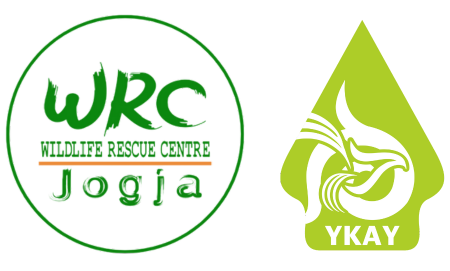Many species around the world face a multitude of threats, including habitat loss, climate change, pollution, poaching, and illegal wildlife trade. In the biodiverse country of Indonesia, the challenges related to wildlife trade are particularly significant. The nation serves as a hotspot for illegal wildlife trafficking due to its diverse range of wildlife species and its proximity to countries with high demand for exotic animals. These animals are sought after for various purposes, including pets, souvenirs, meat consumption, and traditional medicines.
Wildlife rescue efforts play a crucial role in the rescue and rehabilitation of illegally captured or traded animals, as well as those impacted by other wildlife casualties. Often, these animals are in dire situations, suffering from dehydration, malnourishment, injuries caused by trapping and hunting, psychological trauma, or even carrying diseases.
Our center is dedicated to providing care, medical treatment, and rehabilitation for injured, diseased, and distressed wildlife. Our goal is to mitigate the impact of human activities and facilitate the recovery and release of animals back into their natural habitats, ultimately benefiting the preservation of nature and the ecosystem.
Furthermore, through our rescue work, we actively engage in education and awareness campaigns to combat wildlife trade and promote wildlife conservation efforts, contributing to the protection of Indonesia’s precious wildlife.
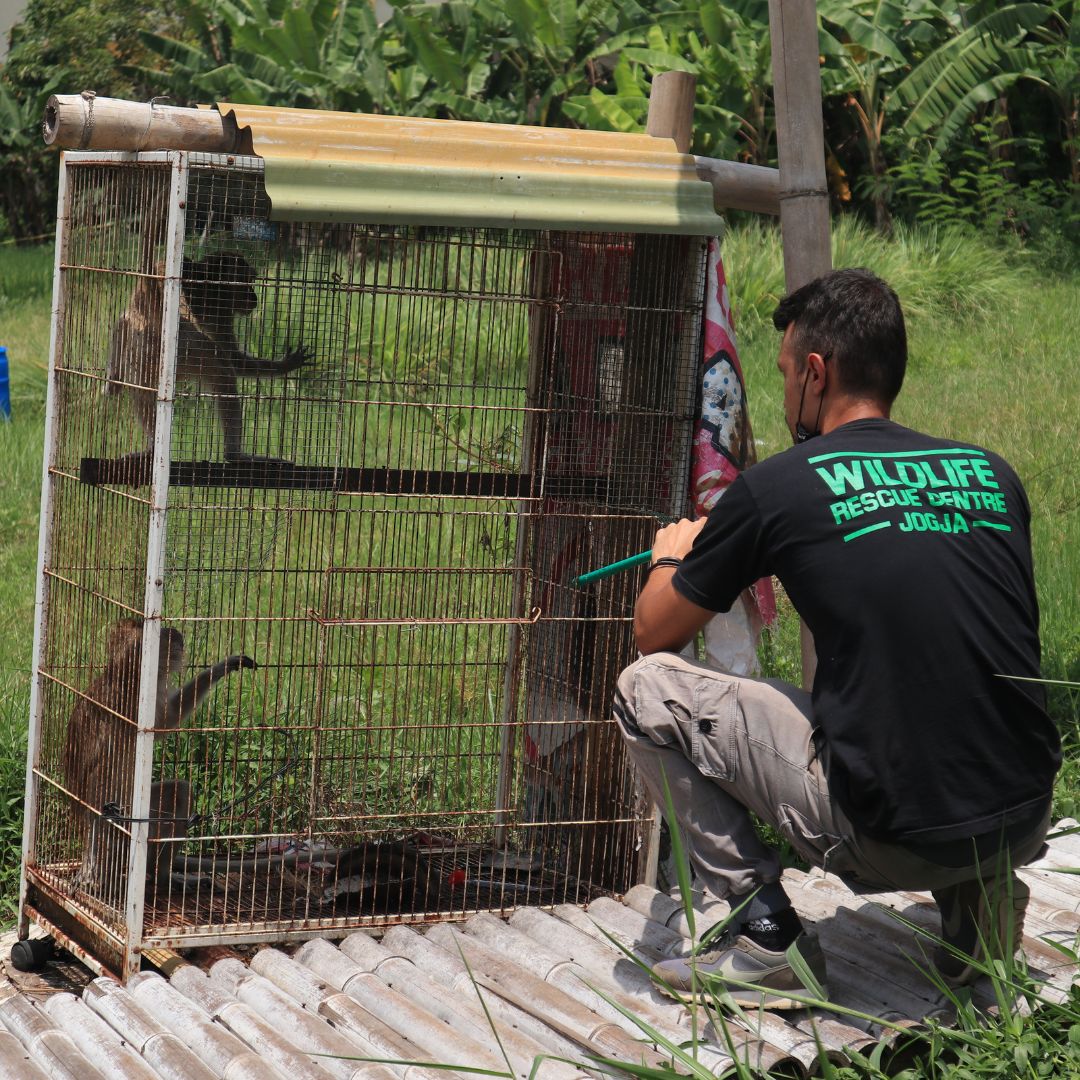
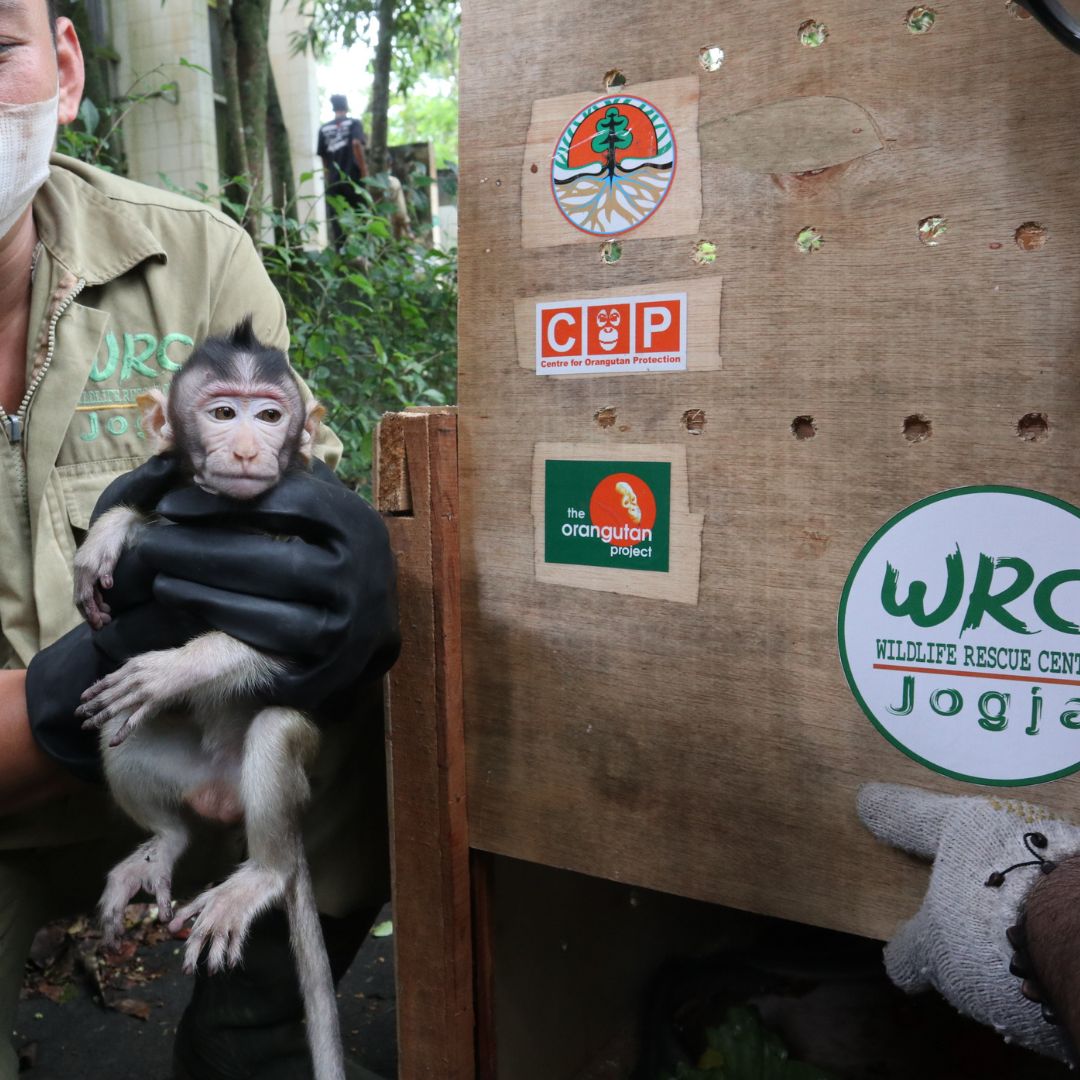
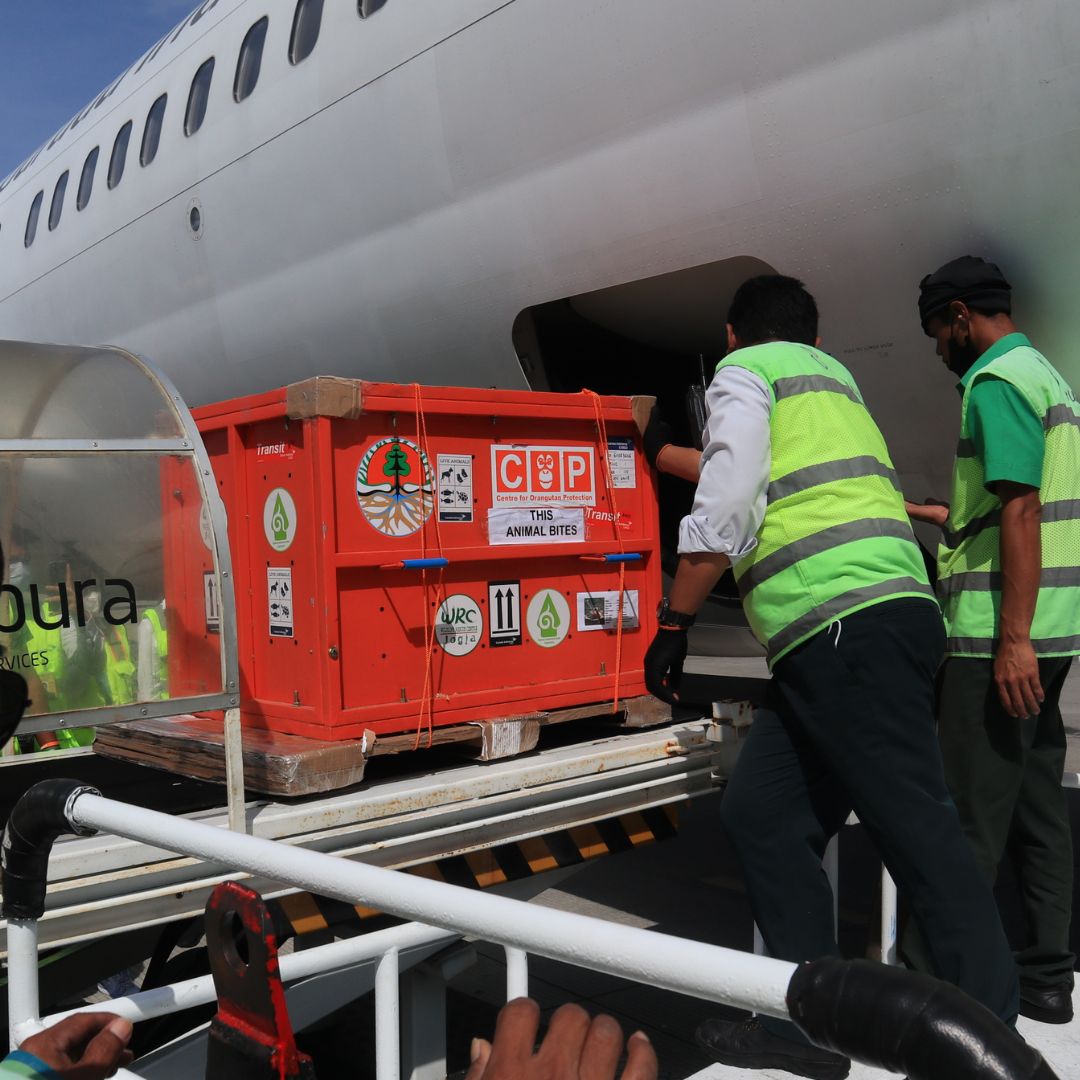
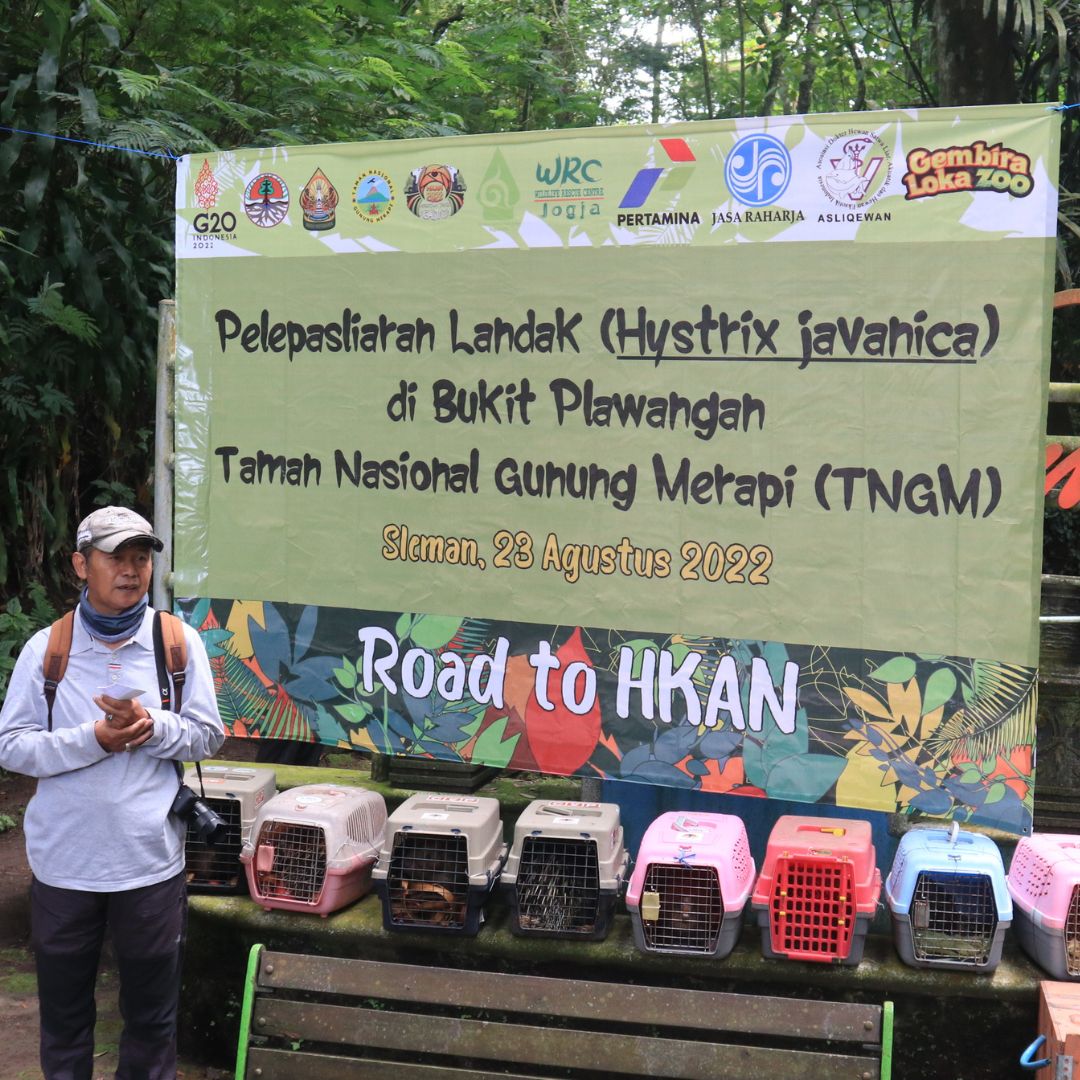
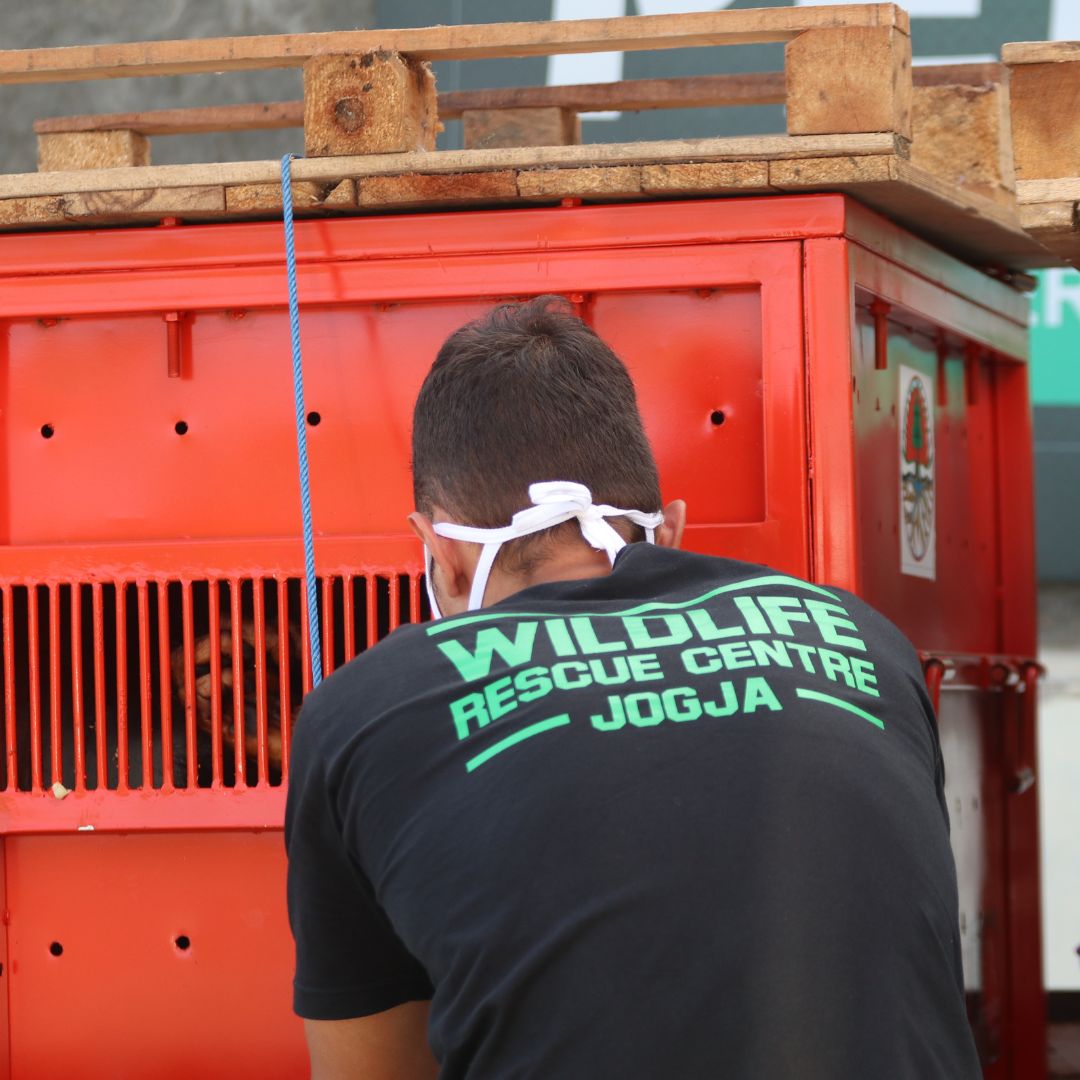
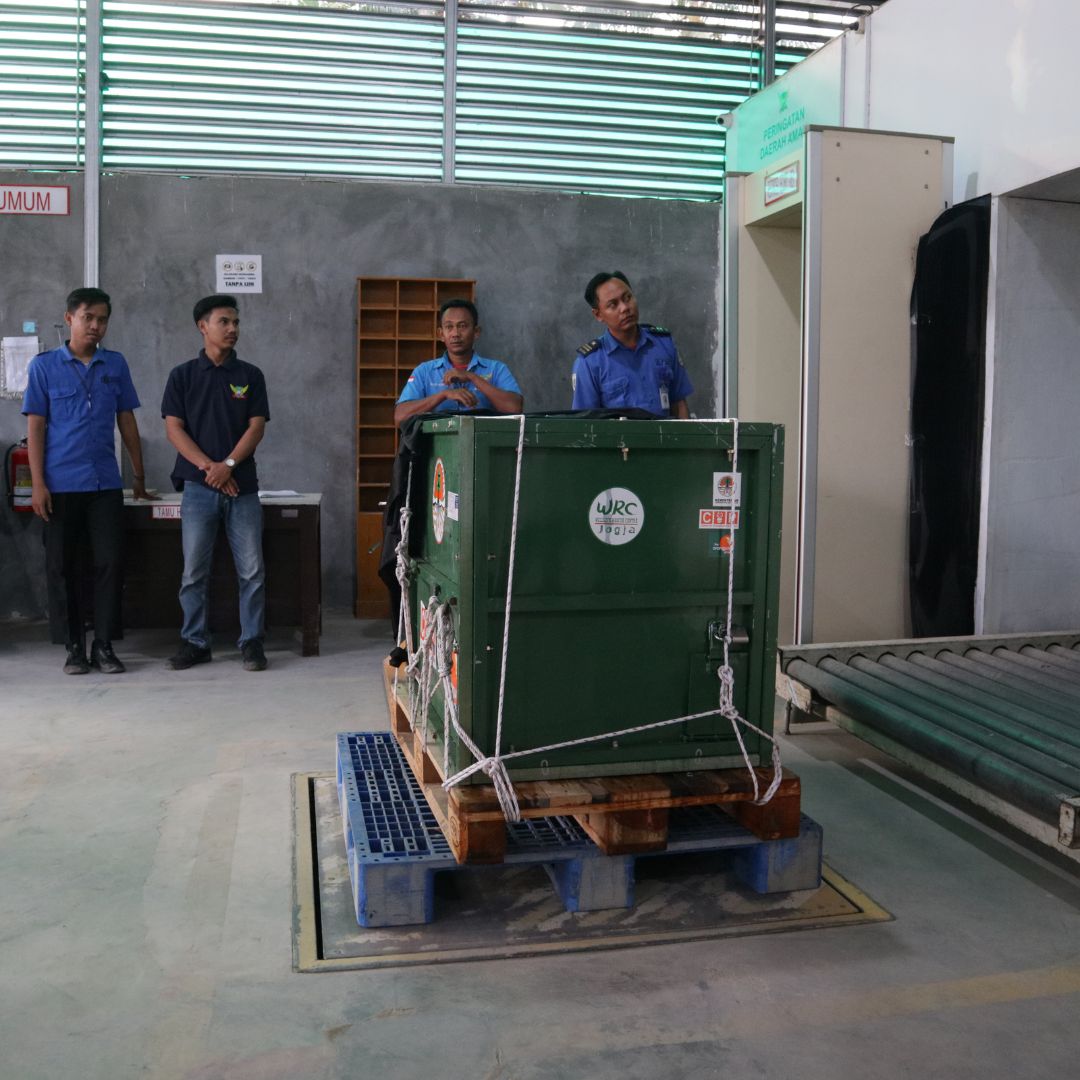
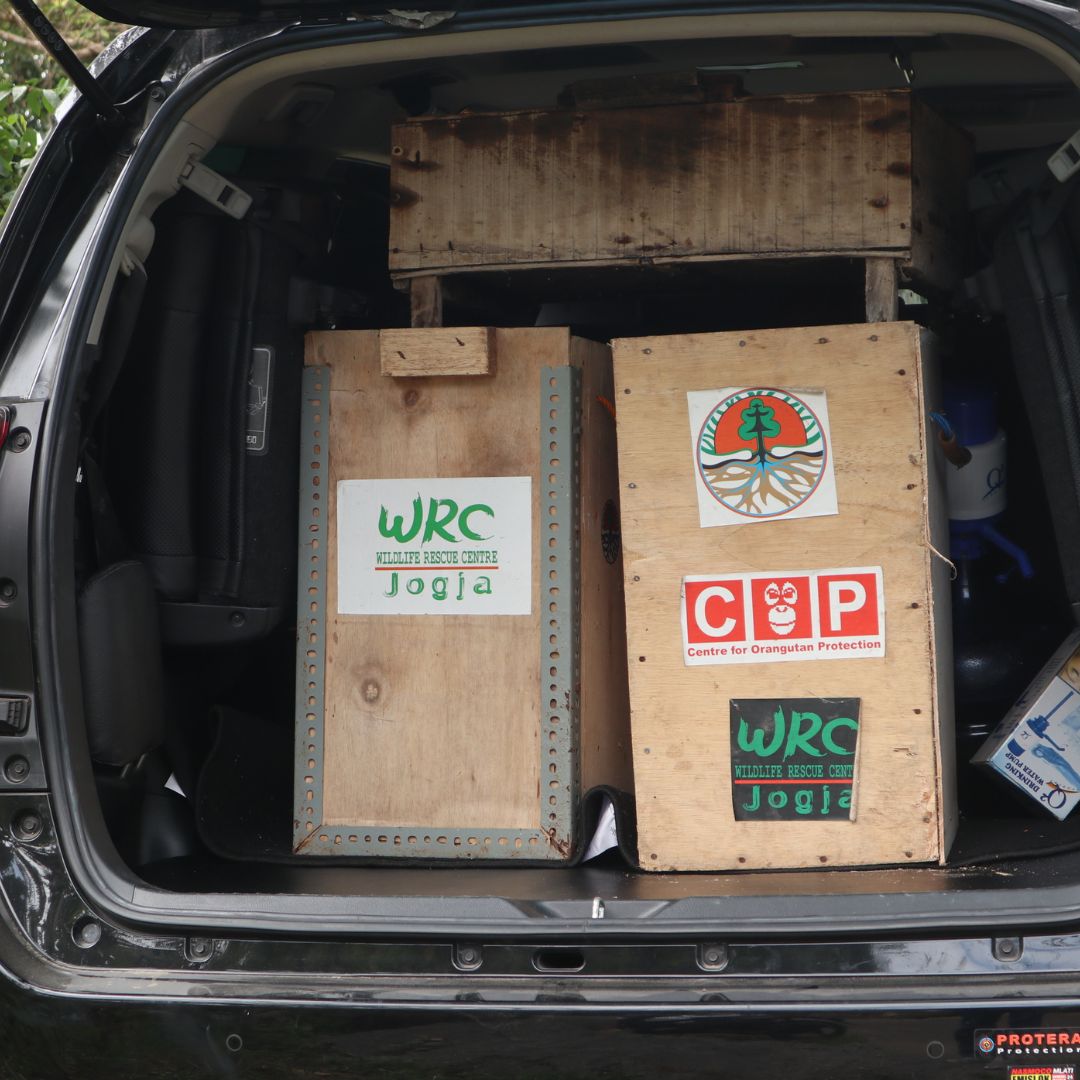
Our rescue work focuses on taking direct action to save wildlife in urgent or critical conditions, providing emergency care for injured animals in hazardous situations. We collaborate with local and national conservation and confiscation authorities to bring the rescued wildlife to our center. Following rescue, the animals undergo a quarantine procedure lasting 1-3 months, depending on the species, to ensure they are free from potentially dangerous diseases or exposures.
Once rescued and stabilized, wildlife requiring further care enter the rehabilitation phase. During this stage, we provide suitable housing, nutrition, and enrichment to aid their recovery. Our team strives to create environments that closely mimic natural conditions, allowing the animals to regain strength, develop necessary skills, and exhibit natural instincts and behaviors.
Animals that meet the criteria for release and are physically and mentally healthy are deemed releasable. For those deemed unreleasable due to various factors, we continuously monitor and care for their condition while exploring opportunities to improve their situation.
Our ultimate goal is to release all rescued and rehabilitated wildlife back into the wild, thereby supporting the conservation of wild populations. However, this can only be achieved if animals are ready to live independently in their natural habitats. We carefully select appropriate release sites based on habitat suitability, available resources, and interactions with existing wild populations, in coordination with relevant authorities. After release, we continue monitoring the animals during the crucial initial 2-week period to ensure their survival ability.
In cases where animals are deemed unreleasable, we conduct ongoing assessments and explore possibilities for transfer or translocation to more suitable facilities. These facilities provide specialized care and aim to enhance the animals’ quality of life. To facilitate this, we maintain close communication and relationships with other wildlife rescue and rehabilitation organizations across Indonesia.
Tojeiro volunteered at WRC in 2018 and instantly fell in love. He decided to leave his job in the Netherlands to work alongside our keepers, managing projects and making sure all the animals get the best care possible. During the relocation period, Tojeiro studied animal health management to increase his capacity in the field of animal welfare.
